Arts and Humanities
Explore Arts and Humanities

Professor Ann Nevile | What Evidence Do Policymakers Need to Make Robust Decisions?
Policy decisions are influenced by many factors, from the ideology of the policymaker and their advisors to political expediency. Most would also agree that key political decisions should be evidence-based. However, this is easier said than done. Understanding what evidence policymakers need, and how they should evaluate this, is key for more robust decision-making.

Professor Andrea Nanetti | Heritage Science: Seeing Beyond What Is Thinkable to Address 21st Century Challenges
The United Nations’ 17 Sustainable Development Goals outline the massive challenges humanity must face to survive on Planet Earth in the 21st Century. All knowledge and experiences accumulated by human societies across time and space could be essential to address these grand challenges. Thus, we should find a way to make this knowledge readily available wherever and whenever decision-makers, heritage stakeholders, and scholars might need it. Professor Andrea Nanetti, an award-winning and internationally recognised expert in Digital Humanities, recently published an open-access paper exploring the opportunities and challenges of using artificial intelligence and machine learning algorithms to leverage human heritage and empower societies to see beyond what is thinkable.

Professor Radu Mares | Exploring the UN’s Role in Regulating Transnational Corporations
The importance of the EU in global governance has been well researched. However, systematic analysis of the way it interacts with other international organisations has been side-lined. To address this gap, Axel Marx the University of Leuven and Oliver Westerwinter at the University of St. Gallen introduce a special issue of the Journal of European Integration. The research published in this issue explores how the EU interacts with different types of global governance institutions.

Axel Marx | Oliver Westerwinter – Understanding How the EU Interacts with Global Governance Institutions
The importance of the EU in global governance has been well researched. However, systematic analysis of the way it interacts with other international organisations has been side-lined. To address this gap, Axel Marx the University of Leuven and Oliver Westerwinter at the University of St. Gallen introduce a special issue of the Journal of European Integration. The research published in this issue explores how the EU interacts with different types of global governance institutions.
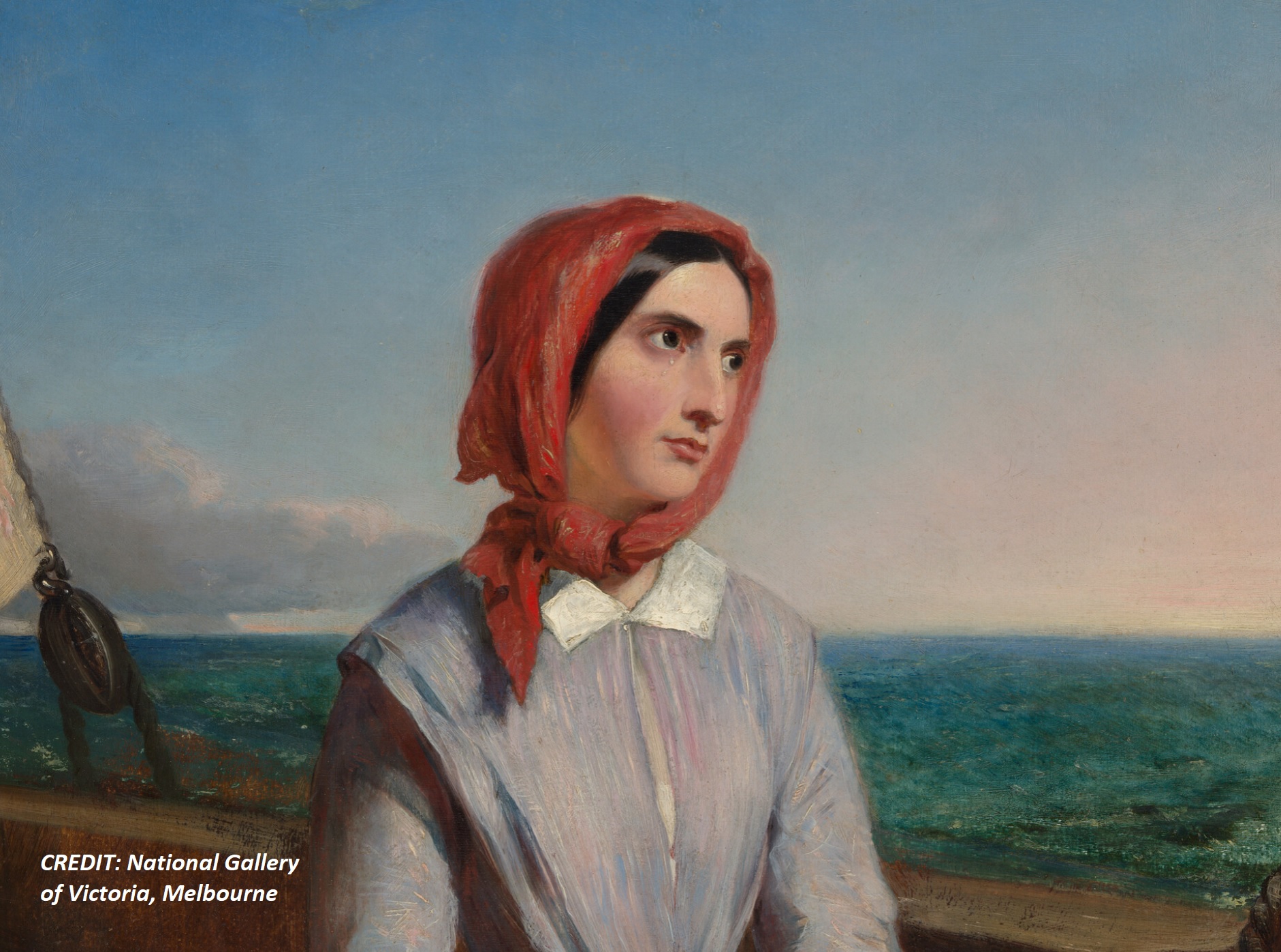
Dr Tony Ward | Why Do Many Migrants Retrace their Steps? Clues from 19th Century Australia
Migrants travel hopefully, dreaming of better lives. Some are successful, some less so. Many in both groups ultimately decide to return to their home country. Dr Tony Ward, a University of Melbourne historian, is himself a migrant, and descended from a family that returned from Australia. He sought out other stories of return migration from Australia to the UK in the 19th Century. His studies shed light on more general questions. How many migrants return? Which migrants are more likely to make the trip home? And why?

Professor George Micajah Phillips | What Early-20th-Century Writers Can Teach Us About Life During Environmental Uncertainty
A new way of reading and engaging with modernist authors such as Virginia Woolf and Karel Čapek might help us to better understand our time of environmental uncertainty. In his recent paper, Professor George Micajah Phillips of Franklin College draws on formalism and material feminism to argue for a new approach in modernist studies, which he terms ‘formalist materialism’. This approach may enable us to engage with early-twentieth-century modernist texts in fascinating new ways, helping us to form fresh understandings of climate change, outside of standard, crisis-oriented narratives.

Austina Lee | Gareth Dylan Smith – The Role of Love and Community in American Schools
Capitalism and neoliberalism inform the way in which children in the USA are schooled. Mainstream education prioritises standardisation and conformity, and may not help students develop a sense of themselves, or tools to create good relationships with others. In a recent paper, teachers Austina Lee and Gareth Dylan Smith explore how this can be challenged through ‘punk’ pedagogy. They use the case study of a high-school choir to demonstrate how their ideas can be put into practice.
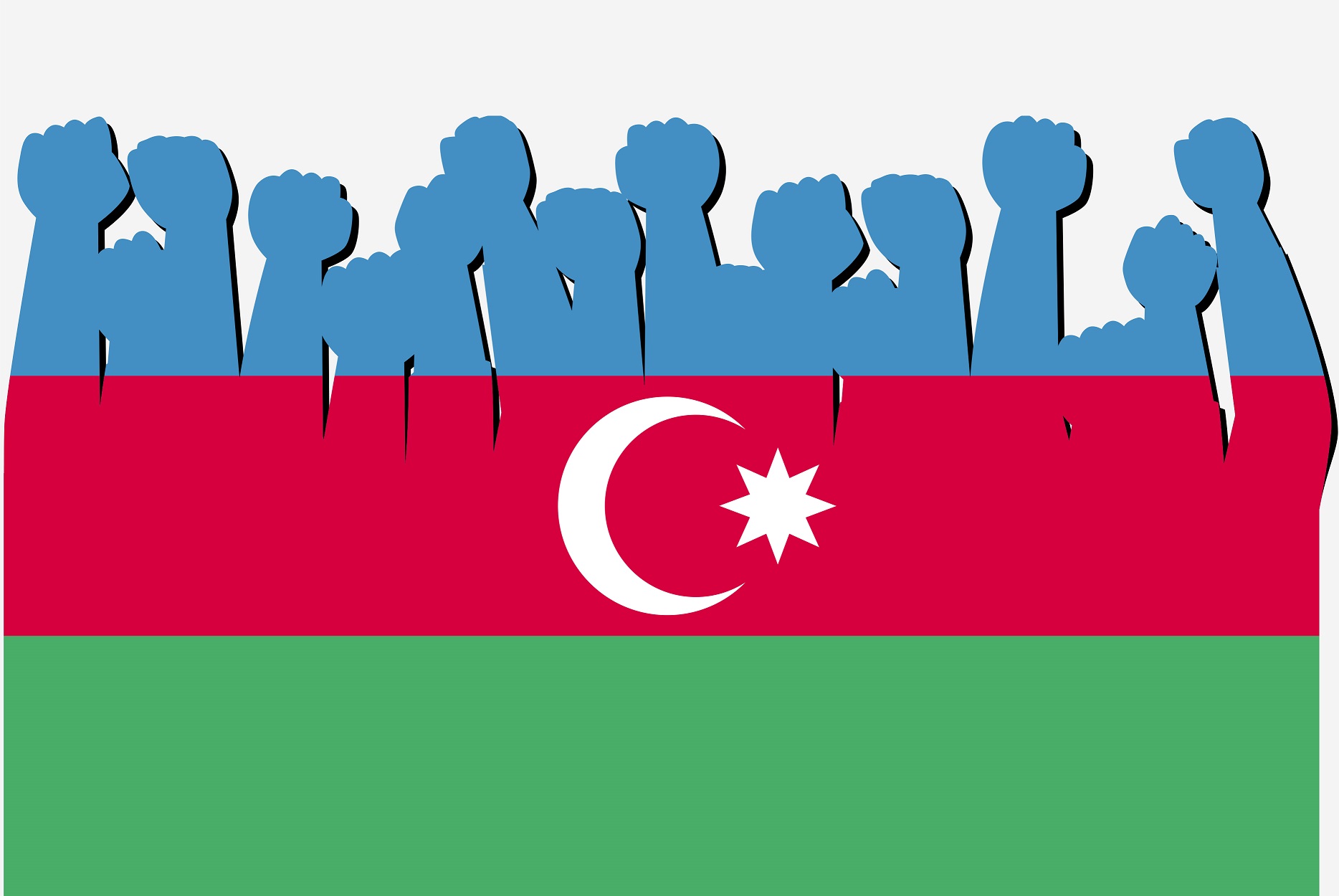
Dr Audrey L. Altstadt – Exploring the Tortuous History of Two Political Prisoners in Azerbaijan
Human rights defenders Leyla and Arif Yunus played a crucial role in Azerbaijan’s politics and modern history. After being sentenced to 8.5 years in jail by the Azerbaijani government and being released due to health issues, Leyla and Arif Yunus shared the suffering and torture they endured as regime opponents and political prisoners in a book entitled The Price of Freedom. Dr Audrey L. Altstadt, a Professor of History at the University of Massachusetts Amherst, recently published a short article outlining the dynamics underlying the arrest of the two political activists and the struggle described in their book.
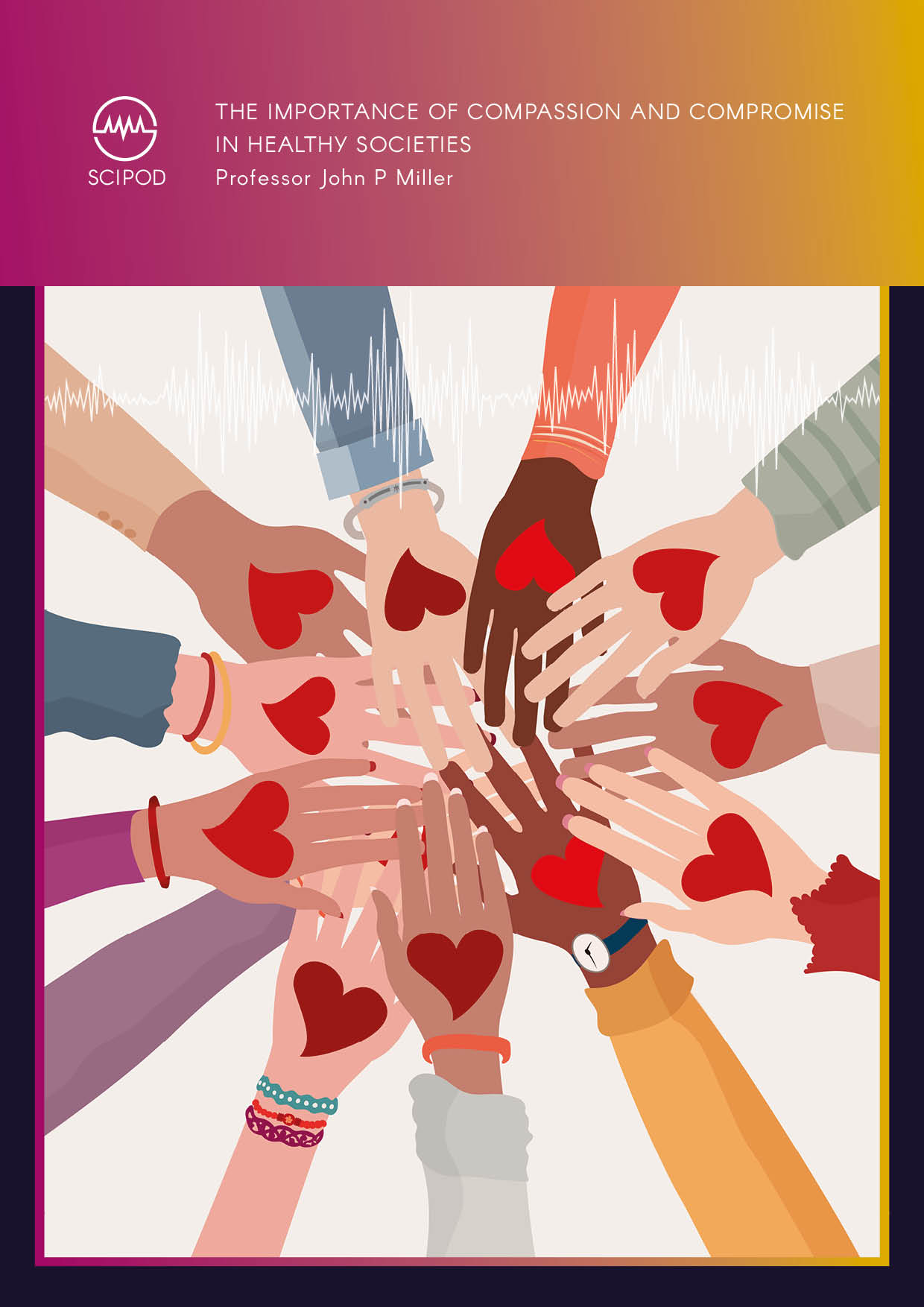
Professor John P Miller | The Importance of Compassion and Compromise in Healthy Societies
In a recent paper, Professor John P Miller discusses the importance of mutual accommodation and compassion in preserving democracies and ensuring we can tackle some of our biggest global problems. He highlights the way in which Canada has become a more tolerant, cooperative, inclusive society by emphasising the role of compromise and compassion. Using examples from education, he shows how we can nurture these qualities in children and young adults.
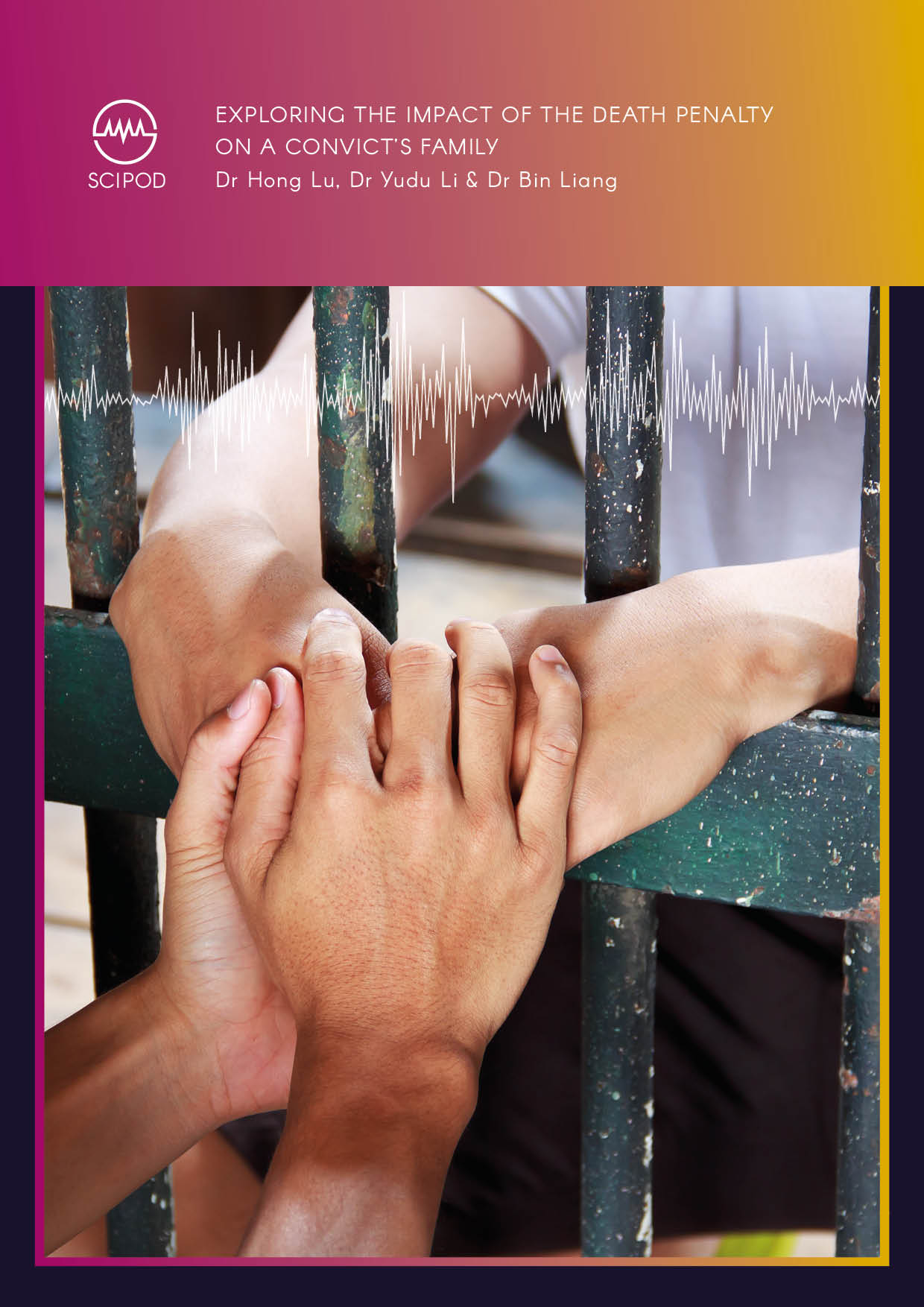
Dr Hong Lu | Exploring the Impact of the Death Penalty on a Convict’s Family
So far, very few research studies have investigated the effects of criminal convictions on the families of defendants. Dr Hong Lu, a Professor of Criminal Justice at University of Nevada, along with her co-authors, Dr Yudu Li and Dr Bin Liang, carried out a study examining how the family of Nian Bin, the defendant in a high-profile capital case in China who received four death sentences, managed the physical, emotional, financial, and legal challenges they faced after their relative’s conviction.
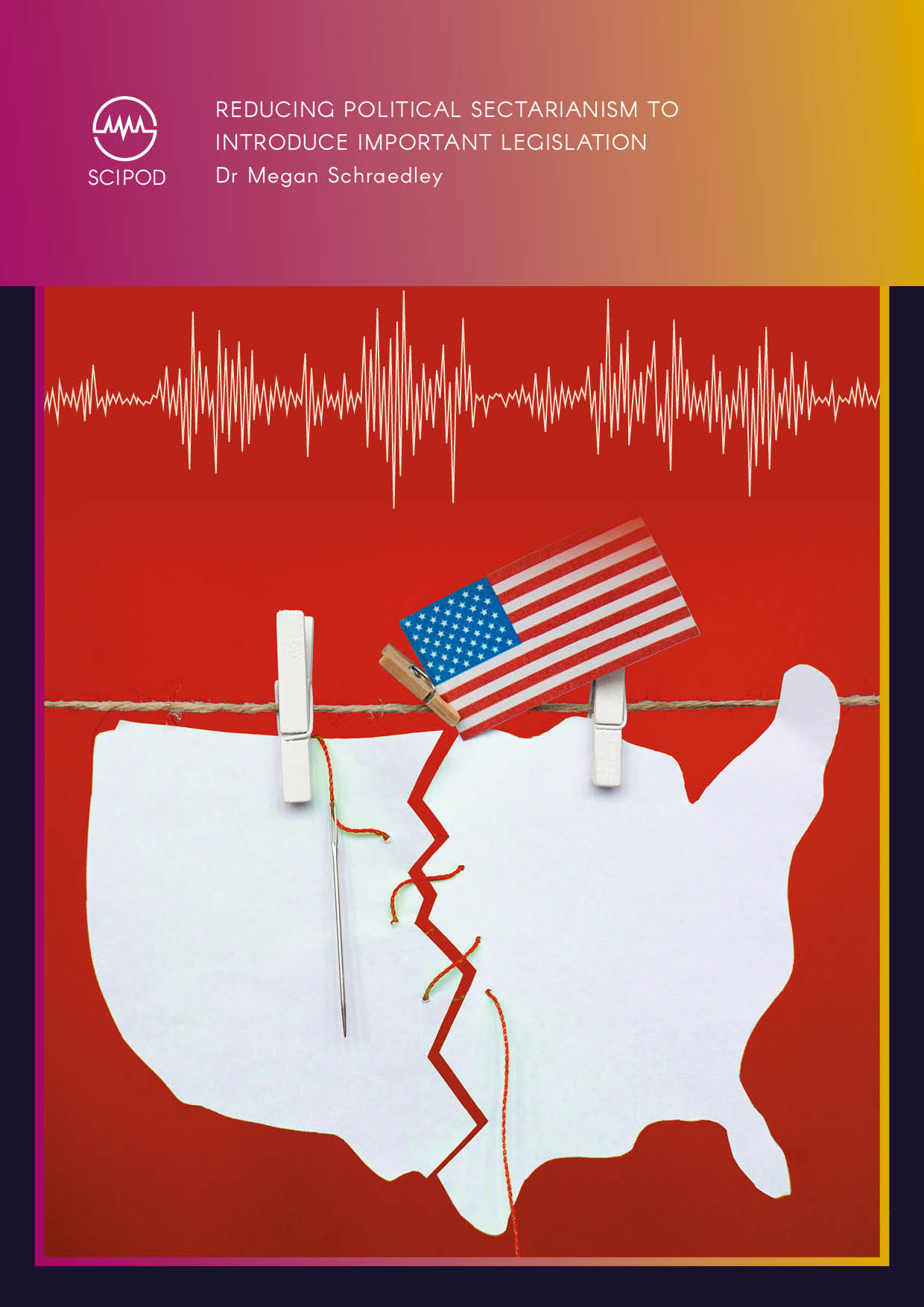
Dr Megan Schraedley | Reducing Political Sectarianism to Introduce Important Legislation
In the United States, public opinions have become increasingly polarised. This polarisation leads to ‘othering’, which describes how one group of people can view another group as very different from themselves and depict them in negative ways. Dr Megan Schraedley at West Chester University recently carried out a study exploring how othering arises in the context of US politics, and how it can be disrupted. Understanding how this destructive phenomenon can be disrupted could help policymakers to successfully introduce important legislation.
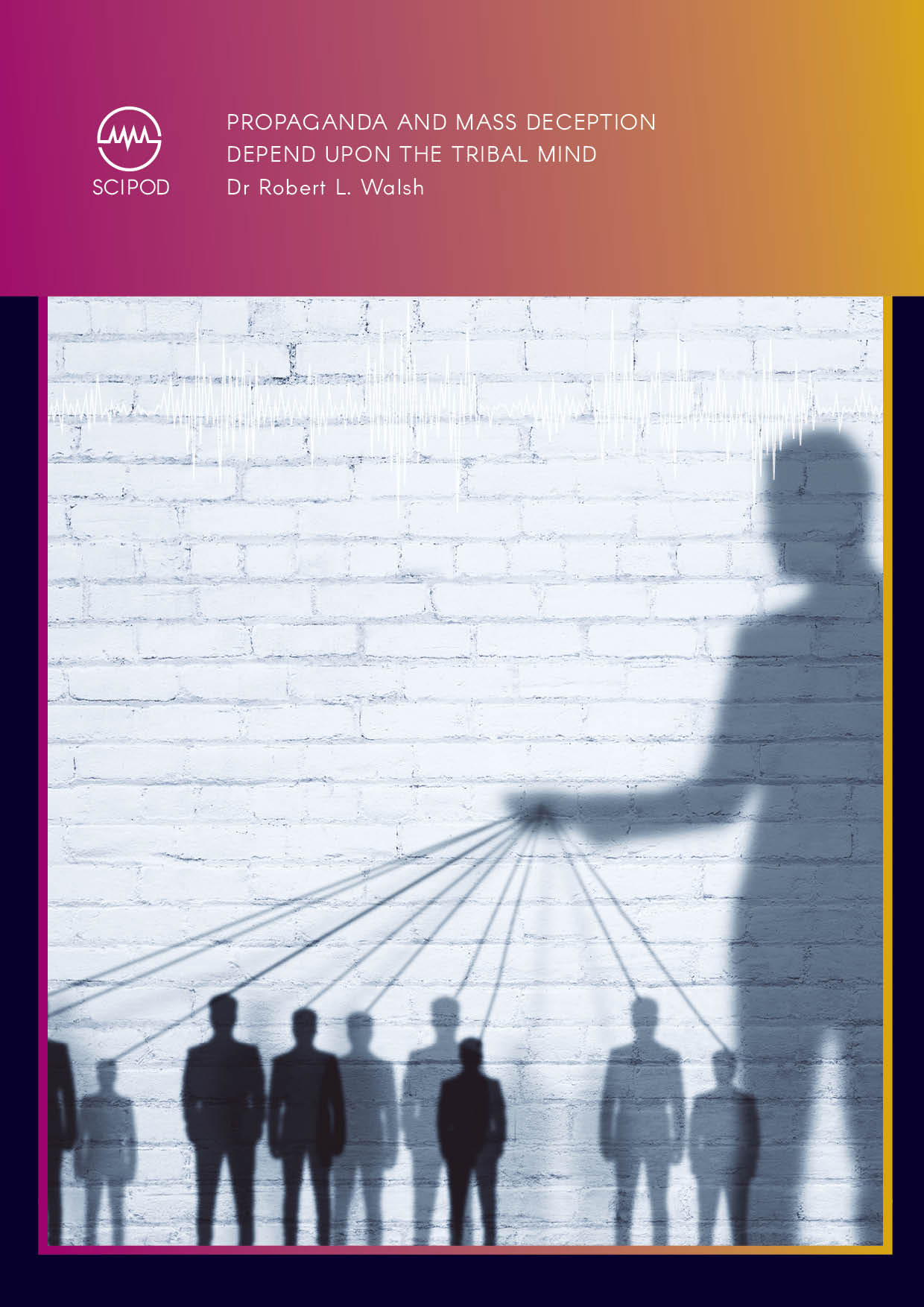
Dr Robert L. Walsh | Propaganda and Mass Deception Depend Upon the Tribal Mind
Propaganda is the systemic use of language with the intent to brainwash rather than to persuade. It has the subtle but pervasive power to ensnare an entire populace toward a predetermined attitude or outlook. Deceptive communication is now commonplace in this information age. Dr Robert L. Walsh recently examined how propagandists bend language for mass deception. He argued that what makes propaganda so insidious is a vestige of our prehistoric past – the Neolithic or Tribal mind.

Professor Ann Nevile | What Evidence Do Policymakers Need to Make Robust Decisions?
Policy decisions are influenced by many factors, from the ideology of the policymaker and their advisors to political expediency. Most would also agree that key political decisions should be evidence-based. However, this is easier said than done. Understanding what evidence policymakers need, and how they should evaluate this, is key for more robust decision-making.

Professor Andrea Nanetti | Heritage Science: Seeing Beyond What Is Thinkable to Address 21st Century Challenges
The United Nations’ 17 Sustainable Development Goals outline the massive challenges humanity must face to survive on Planet Earth in the 21st Century. All knowledge and experiences accumulated by human societies across time and space could be essential to address these grand challenges. Thus, we should find a way to make this knowledge readily available wherever and whenever decision-makers, heritage stakeholders, and scholars might need it. Professor Andrea Nanetti, an award-winning and internationally recognised expert in Digital Humanities, recently published an open-access paper exploring the opportunities and challenges of using artificial intelligence and machine learning algorithms to leverage human heritage and empower societies to see beyond what is thinkable.

Professor Radu Mares | Exploring the UN’s Role in Regulating Transnational Corporations
The importance of the EU in global governance has been well researched. However, systematic analysis of the way it interacts with other international organisations has been side-lined. To address this gap, Axel Marx the University of Leuven and Oliver Westerwinter at the University of St. Gallen introduce a special issue of the Journal of European Integration. The research published in this issue explores how the EU interacts with different types of global governance institutions.

Axel Marx | Oliver Westerwinter – Understanding How the EU Interacts with Global Governance Institutions
The importance of the EU in global governance has been well researched. However, systematic analysis of the way it interacts with other international organisations has been side-lined. To address this gap, Axel Marx the University of Leuven and Oliver Westerwinter at the University of St. Gallen introduce a special issue of the Journal of European Integration. The research published in this issue explores how the EU interacts with different types of global governance institutions.

Dr Tony Ward | Why Do Many Migrants Retrace their Steps? Clues from 19th Century Australia
Migrants travel hopefully, dreaming of better lives. Some are successful, some less so. Many in both groups ultimately decide to return to their home country. Dr Tony Ward, a University of Melbourne historian, is himself a migrant, and descended from a family that returned from Australia. He sought out other stories of return migration from Australia to the UK in the 19th Century. His studies shed light on more general questions. How many migrants return? Which migrants are more likely to make the trip home? And why?
Increase The Impact Of Your Research!
Explore partnership opportunities
Unwind without the hassle. Enjoy fresh audiobooks, delivered free!
